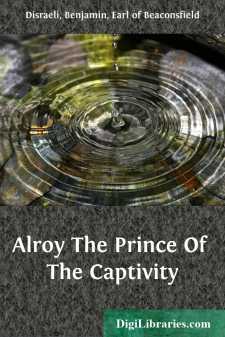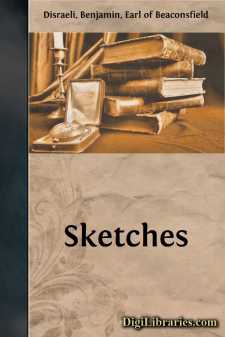Categories
- Antiques & Collectibles 13
- Architecture 36
- Art 48
- Bibles 22
- Biography & Autobiography 813
- Body, Mind & Spirit 142
- Business & Economics 28
- Children's Books 17
- Children's Fiction 14
- Computers 4
- Cooking 94
- Crafts & Hobbies 4
- Drama 346
- Education 46
- Family & Relationships 57
- Fiction 11829
- Games 19
- Gardening 17
- Health & Fitness 34
- History 1377
- House & Home 1
- Humor 147
- Juvenile Fiction 1873
- Juvenile Nonfiction 202
- Language Arts & Disciplines 88
- Law 16
- Literary Collections 686
- Literary Criticism 179
- Mathematics 13
- Medical 41
- Music 40
- Nature 179
- Non-Classifiable 1768
- Performing Arts 7
- Periodicals 1453
- Philosophy 64
- Photography 2
- Poetry 896
- Political Science 203
- Psychology 42
- Reference 154
- Religion 513
- Science 126
- Self-Help 84
- Social Science 81
- Sports & Recreation 34
- Study Aids 3
- Technology & Engineering 59
- Transportation 23
- Travel 463
- True Crime 29
Literary Character of Men of Genius Drawn from Their Own Feelings and Confessions
Categories:
Description:
Excerpt
INTRODUCTION.
For the fifth time I revise a subject which has occupied my inquiries from early life, with feelings still delightful, and an enthusiasm not wholly diminished.
Had not the principle upon which this work is constructed occurred to me in my youth, the materials which illustrate the literary character could never have been brought together. It was in early life that I conceived the idea of pursuing the history of genius by the similar events which had occurred to men of genius. Searching into literary history for the literary character formed a course of experimental philosophy in which every new essay verified a former trial, and confirmed a former truth. By the great philosophical principle of induction, inferences were deduced and results established, which, however vague and doubtful in speculation, are irresistible when the appeal is made to facts as they relate to others, and to feelings which must be decided on as they are passing in our own breast.
It is not to be inferred from what I have here stated that I conceive that any single man of genius will resemble every man of genius; for not only man differs from man, but varies from himself in the different stages of human life. All that I assert is, that every man of genius will discover, sooner or later, that he belongs to the brotherhood of his class, and that he cannot escape from certain habits, and feelings, and disorders, which arise from the same temperament and sympathies, and are the necessary consequence of occupying the same position, and passing through the same moral existence. Whenever we compare men of genius with each other, the history of those who are no more will serve as a perpetual commentary on our contemporaries. There are, indeed, secret feelings which their prudence conceals, or their fears obscure, or their modesty shrinks from, or their pride rejects; but I have sometimes imagined that I have held the clue as they have lost themselves in their own labyrinth. I know that many, and some of great celebrity, have sympathised with the feelings which inspired these volumes; nor, while I have elucidated the idiosyncrasy of genius, have I less studied the habits and characteristics of the lovers of literature.
It has been considered that the subject of this work might have been treated with more depth of metaphysical disquisition; and there has since appeared an attempt to combine with this investigation the medical science. A work, however, should be judged by its design and its execution, and not by any preconceived notion of what it ought to be according to the critic, rather than the author. The nature of this work is dramatic rather than metaphysical. It offers a narration or a description; a conversation or a monologue; an incident or a scene.
Perhaps I have sometimes too warmly apologised for the infirmities of men of genius. From others we may hourly learn to treat with levity the man of genius because he is only such. Perhaps also I may have been too fond of the subject, which has been for me an old and a favourite one—I may have exalted the literary character beyond the scale by which society is willing to fix it....












